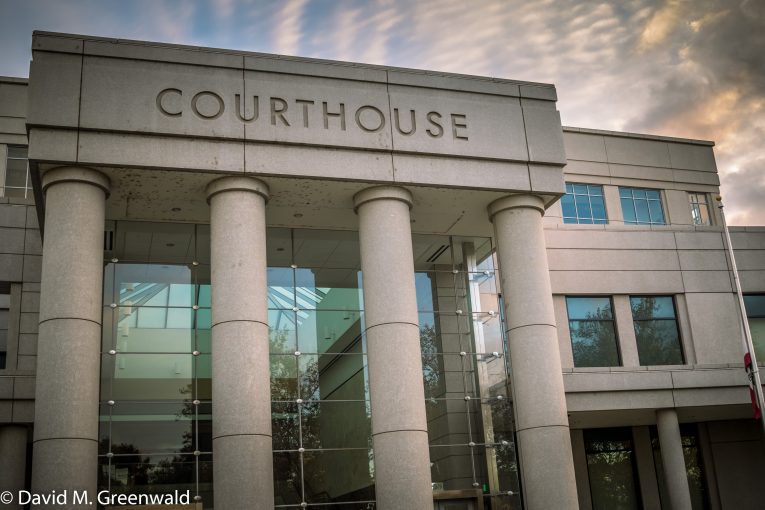

By Michelle Lagos
“The Evidence Is Problematic but It’s Not Absent”
The jury was sent out to deliberate after the motion for judgment of acquittal on all charges against the defendant, due to lack of evidence, was denied.
Following the testimony heard on July 17, 2019, the deputy public defender argued against the lack of evidence presented by the deputy district attorney. The defense asked the judge to acquit all charges against her client; however, the judge denied her request. He explained that “the defense (had) certainly pointed out where the evidence is problematic but it’s not absent.” The judge stated “(that) the jury is the proper body to weigh that evidence (and]) it’s just not possible to take (that) away from the jury.”
The judge proceeded to call for both sides to make their closing statements.
The prosecution argued that the “evidence (showed) that (the defendant, Robert Aldana) without a reasonable doubt is guilty of all the charges.” He explained that Mr. Aldana admitted to having his last drink at 1:30 pm before getting behind the wheel. He knowingly drove under the influence to the parking lot of a Denny’s restaurant. There he passed out behind the wheel, blocking the restaurant’s “driveway.” The deputy DA went on to say that the responding officer, Officer Ken Fellows, “could tell Mr. Aldana had slurred speech …blood shot eyes …and he couldn’t even maintain his balance.”
Although Officer Fellows found two “small bottles” of alcohol in Mr. Aldana’s pocket, he was unable to find any “empty bottles” of alcohol in the vehicle – making it evident that Mr. Aldana had already consumed his alcohol before he got to his location.
The defense argued that the prosecution did not prove that Mr. Aldana “intentionally moved” his vehicle while under the influence. She stated that “there is a lot of evidence in this case that is…lacking, (or) missing.”
She stated that the witness who testified on July 17, 2019, could not “help” in this case because the witness did not see Mr. Aldana driving.
The defense attorney proceeded to argue that there was an “absolute neglect or willful ignorance of evidence.”
She stated that Officer Fellows “had an agenda” that night. He “(muted) his body cam so that he (could) call his supervisor privately (to talk) about tactics.” The defense went on to state that Officer Fellows started out with “very open-ended questions.” However, he was not getting the evidence that he needed to make an arrest. Officer Fellows proceeded to ask “very closed-ended questions” of Mr. Aldana, who was “very impaired.”
Once presented with a still from the body cam video, Officer Fellows stated that the car was approximately “10 feet away” from the closest parking spot. However, when he was asked to mark where the car was parked on a different image, he put it further away, “as far out as he possibly could, he didn’t put it where it actually was.”
The deputy public defender stated that Officer Fellows did not “lie (but rather embellished)” the truth. Officer Fellows did not get the restaurant’s surveillance video, even though it was offered to him, he did not call the bar where Mr. Aldana had been drinking, and he did not interview any customers that night at the restaurant either.
She went on to explain to the jury that “if they can draw two or more reasonable conclusions from the circumstantial evidence and (if one of those) conclusions points to innocence and other to guilt, then (they must) accept the one that points to innocence.”
She explained that Mr. Aldana often lives in his car and sleeps in the parking lot of that restaurant. The bar that he attended that night was a 10-minute walk to the parking lot – therefore, he could have walked back to his car instead of driving. While the body cam video does show Mr. Aldana being incoherent that night, he could have been drinking in his vehicle that night without having operated it. She pointed out that most of the evidence in this case is circumstantial, and that it is up the jury to rule on the evidence.
The jury then began to deliberate the case that afternoon.

